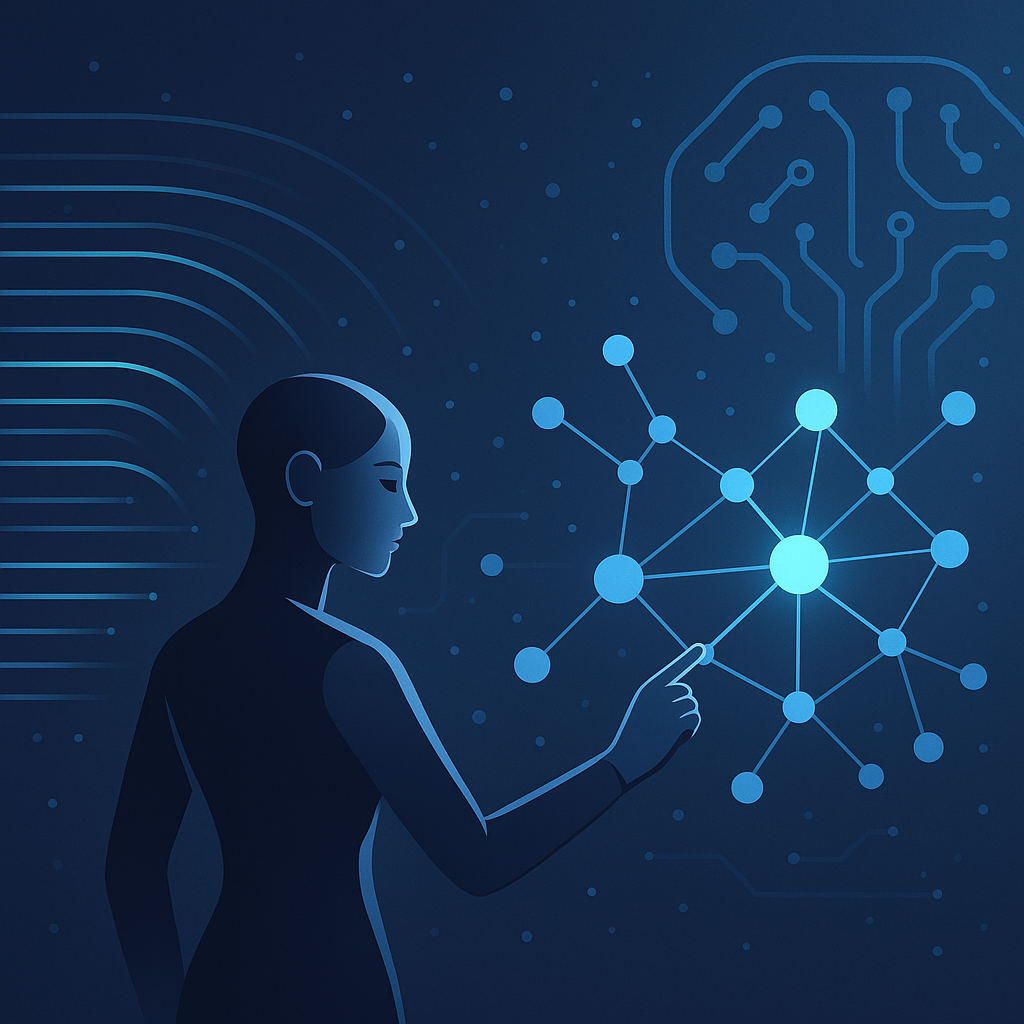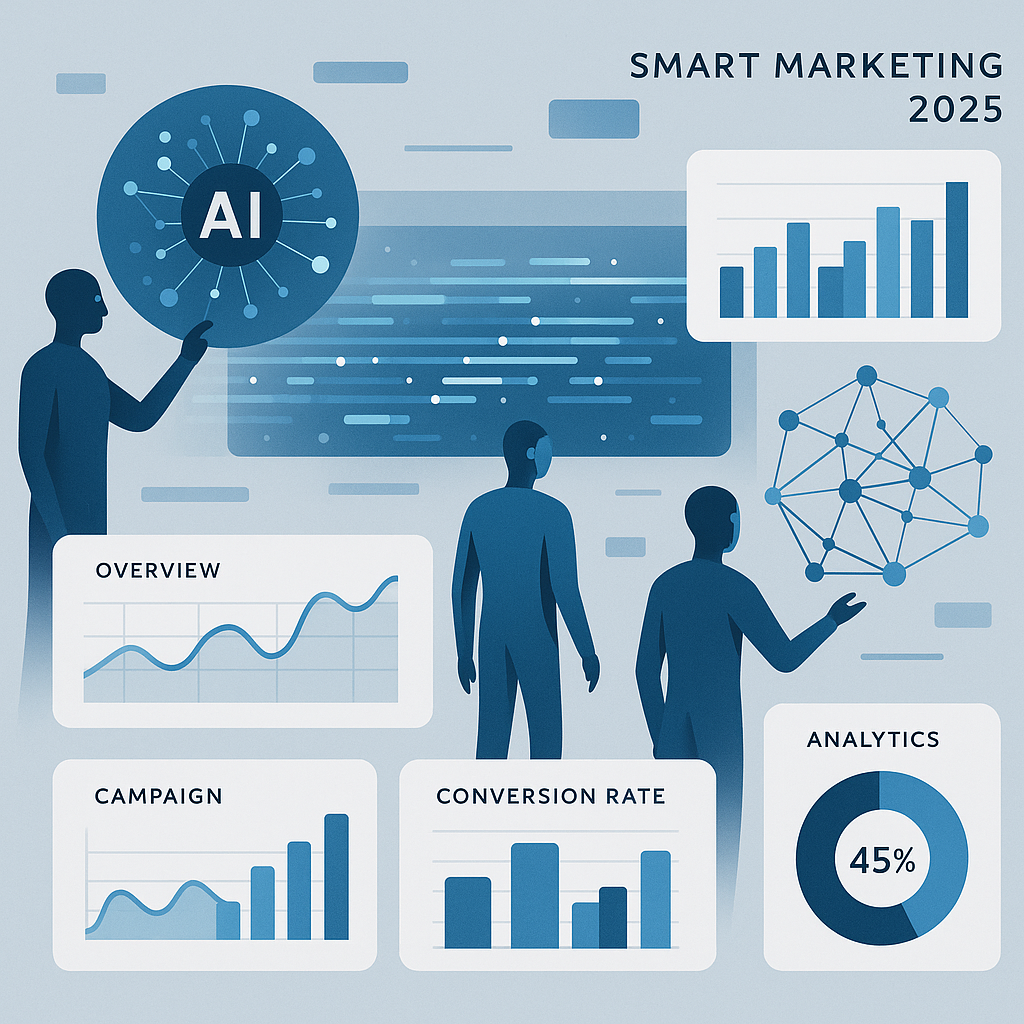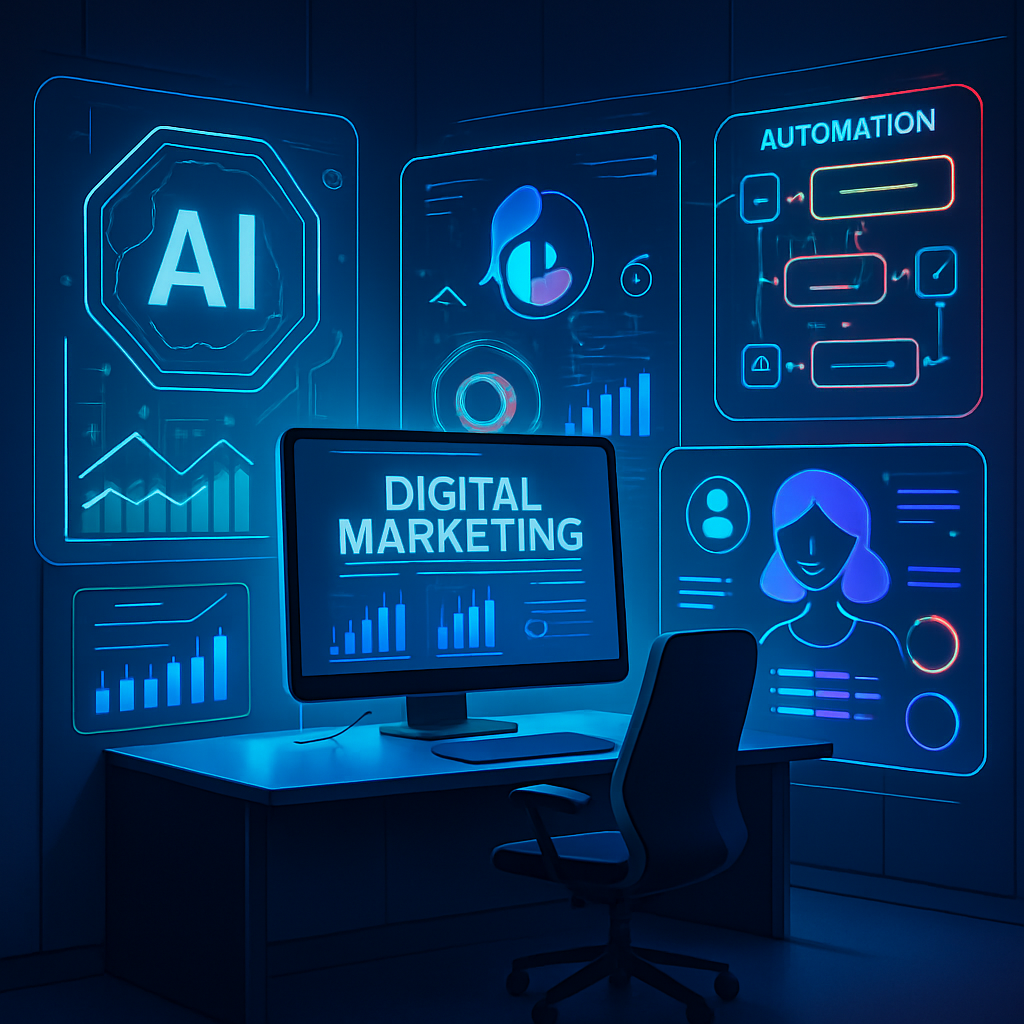
Exploring Intelligent Agent Examples in AI: Custom Software & Knowledge Integration
Understanding Intelligent Agents in Artificial Intelligence
Intelligent agents stand at the core of contemporary artificial intelligence, operating as autonomous systems capable of perceiving their environment, reasoning, and taking actions to achieve specific goals. They range from simple reactive agents responding to immediate stimuli to sophisticated goal-driven agents that plan and learn from experience. As we enter mid-2025, the evolution of intelligent agents continues to accelerate, driven by innovations in Custom Software Development and advanced methods of encoding knowledge within these systems.
Key Components of Intelligent Agents
Before exploring concrete examples, it is helpful to recap the fundamental components of intelligent agents:
- Perception: Agents gather information from their environment through sensors or input data streams.
- Reasoning and Decision Making: Using internal knowledge bases, logic, machine learning, or heuristics, agents interpret input to make informed decisions.
- Action: Agents execute actions via actuators or outputs to influence their environment.
- Learning: Many intelligent agents incorporate learning algorithms to improve performance over time.
- Knowledge Integration: The ability to incorporate domain-specific knowledge or common-sense reasoning enhances agent intelligence and adaptability.
Intelligent Agent Examples in Artificial Intelligence
1. Autonomous Customer Support Agents
Modern customer support systems employ intelligent agents that combine natural language processing with domain-specific knowledge. Unlike generic chatbots, these agents are custom software solutions tailored for industries such as banking, healthcare, and retail.
For example, an intelligent agent in insurance claims processing can understand policy documents, extract relevant data, interpret user queries, and guide claimants through complex procedures. Knowledge in AI—such as rules about policy coverage and exceptions—is integrated into the agent's reasoning system, enabling nuanced interactions that simulate human expertise.
2. Smart Manufacturing Assistants
In advanced manufacturing facilities, intelligent agents orchestrate operations on the factory floor. These agents perceive real-time data from connected machines, predict maintenance needs using machine learning, and adjust workflows dynamically to optimize output and reduce downtime.
Custom software development allows manufacturers to design intelligent agents suited to their specific equipment and processes. Knowledge bases include operational guidelines, safety protocols, and quality standards, so agents act not just reactively but proactively in maintaining manufacturing excellence.
3. Personalized Learning Tutors
Educational platforms in 2025 utilize intelligent agents as personalized tutors. These agents analyze learner behavior, preferences, and knowledge gaps to customize lesson plans. They draw from extensive educational knowledge repositories and apply pedagogical strategies modeled in AI systems.
Such agents integrate content knowledge—ranging from math formulas to language grammar—into their AI framework, enabling them to generate tailored feedback, recommend resources, and adjust difficulty based on student progress. This adaptive learning enhances student engagement and outcomes.
4. Intelligent Virtual Health Advisors
The healthcare sector increasingly incorporates intelligent agents to support patient care. Virtual health advisors process patient data, symptoms, and medical histories with embedded medical knowledge bases. They provide preliminary assessments, recommend lifestyle changes, and even monitor chronic conditions via wearables.
These agents represent highly customized software integrating medical ontologies and regulatory constraints to ensure safety and accuracy. By offering timely, personalized guidance, they augment human healthcare providers and improve accessibility to expert advice.
Role of Custom Software in Intelligent Agents
Custom software development plays a pivotal role in realizing intelligent agents tailored to specific business needs, environments, or user populations. Off-the-shelf AI components provide general capabilities, but custom solutions uniquely integrate diverse data sources, incorporate specialized knowledge bases, and embed proprietary workflows.
For instance, a logistics firm might commission custom intelligent agents designed to monitor fleet operations, dynamically reroute deliveries, and manage fuel efficiency. Such software embodies a fusion of operational knowledge, geographic information systems, and predictive analytics—all orchestrated through bespoke agent architecture.
Knowledge Integration: The Backbone of Smarter AI Systems
In AI, knowledge integration refers to embedding explicit domain knowledge, rules, relationships, and contextual information into intelligent agents. This contrasts with purely data-driven approaches that rely mainly on pattern recognition from large datasets.
Techniques to integrate knowledge include:
- Semantic Networks and Ontologies: Structured representations of concepts and their interrelations enable agents to reason about entities and their properties.
- Rule-Based Systems: Logical rules guide agent decision processes, ensuring compliance with business logic or safety requirements.
- Knowledge Graphs: Rich graphs connect diverse data points, allowing agents to retrieve pertinent information and infer new links.
By combining these knowledge structures with machine learning, intelligent agents develop hybrid intelligence, enabling better explainability, fairness, and goal alignment.
Conclusion: Towards Smarter, Context-Aware Intelligent Agents
As 2025 progresses, intelligent agents in artificial intelligence are becoming more than reactive automatons. Through the synergy of custom software and thoughtful knowledge integration, AI systems are evolving into context-aware, goal-driven collaborators enhancing diverse domains.
The intelligent agent examples discussed demonstrate how embedding specialized domain knowledge and crafting bespoke software solutions produce smarter systems with increased adaptability, precision, and value. This progression points toward a future where intelligent agents seamlessly integrate into daily life and complex industrial ecosystems, augmenting human capabilities and fostering innovation.







